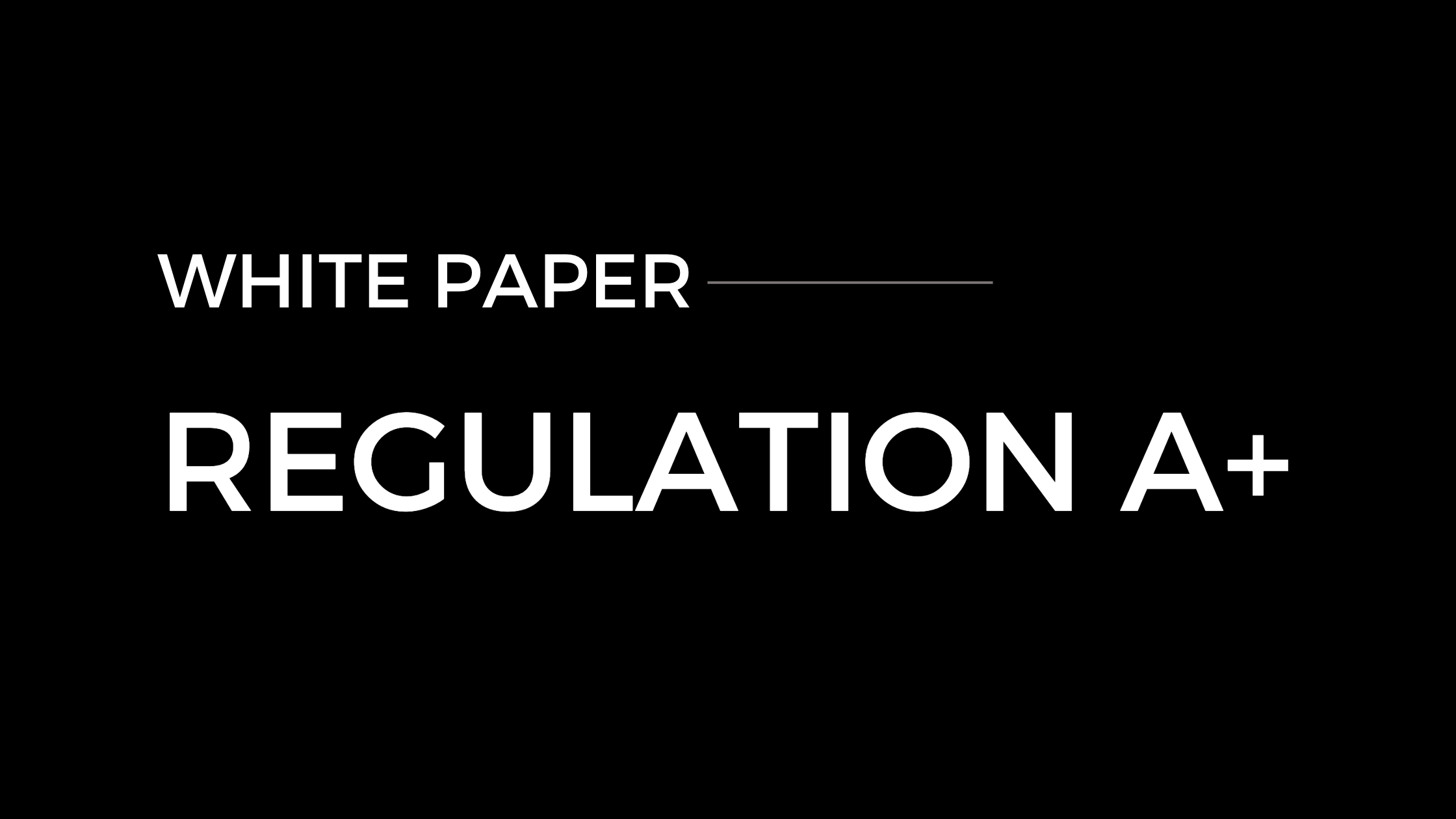According to a recent U.S. Supreme Court decision, businesses can now register trademarks that express their beliefs, regardless of whether they appear prejudicial or biased.
In an opinion written by Justice Samuel Alito in Matal v. Tam, 2017 U.S. LEXIS 3872 (June 19, 2017), part of the 1946 Lanham Act, barring the registration of marks which may disparage persons, living or dead, institutions, beliefs, or national symbols, was deemed unconstitutional.
The Court reasoned, “…[T]his provision violates the Free Speech Clause of the First Amendment. It offends a bedrock First Amendment principle: Speech may not be banned on the ground that it expresses ideas that offend.” Justice Anthony Kennedy, in his concurrence, wrote “A law that can be directed against speech found offensive to some portion of the public can be turned against minority and dissenting views to the detriment of all. The First Amendment does not entrust that power to the government’s benevolence.”
Although the Court weighed the Patent and Trademark Office’s (PTO) position that it has an interest in encouraging racial tolerance in the way it regulates trademark registrations, trademarks are nonetheless, private speech, which the Free Speech Clause of the First Amendment protects.
The Supreme Court’s decision opens the door for many and comes a little too late for others. The Washington Redskins football team was at the forefront of this national debate when the PTO canceled several of its trademarks in 2014 for the disparaging reference to Native-Americans. The NFL has yet to comment on how it will proceed with the Supreme Court’s decision.
While this case has been widely heralded as a setback for those who espouse political correctness, it does have its limitations. Recognize that, in the first instance, it only deals with government action and, to that extent, admittedly goes fairly far. On the other hand, it doesn’t reach private conduct, which does have its own implications. I remember a landlord, for example, who absolutely prohibited a tenant we were representing from naming his dry-cleaner, “Swami Drycleaners.” No trademark or U.S. Supreme Court case would have reached that landlord’s decision since it was private.
Maybe the best way of looking at this case is the simplest way: make trademark decisions based on good solid commercial grounds, not beliefs or opinions.
Click here to read the case file on Matal v. Tam, 2017 U.S. LEXIS 3872 (June 19 2017).
Image source: PBS.org




